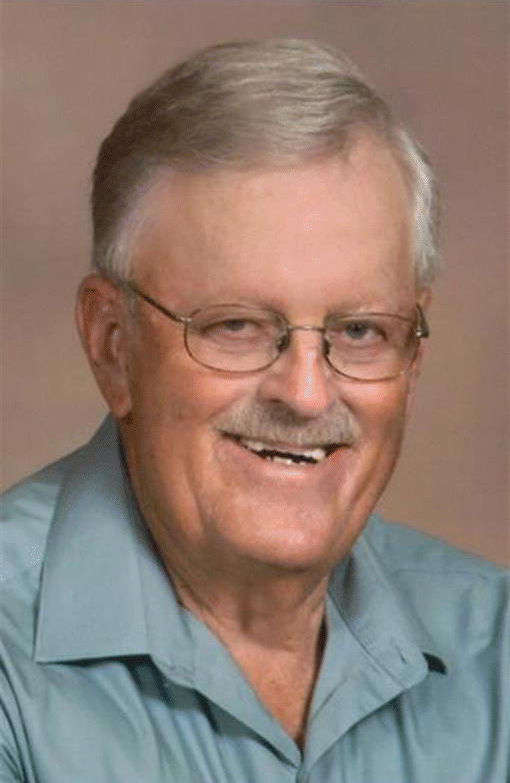DYERSVILLE, Iowa — A self-made Dyersville man is remembered for his work designing and building homes, businesses and subdivisions throughout the area, as well as serving the city as mayor from 1976 to 1980.
Jerome L. “Jerry” Koch died on Dec. 21 at home.
Koch’s work in carpentry began when he was 14. While he grew up farming, his father wasn’t ready to retire at the time, and Koch had to find work in another field. He and his brother, Bob, started an insulation business in Dyersville in 1957 and later constructed farm buildings.
“He had built corncribs and those kinds of things,” said Koch’s widow, Jeanine. “And as that went on, he built our first house. Then, he decided that carpenters have to pick one or the other kind. If they build the farm buildings, they’re not fussy enough for the house, and if they’re building houses, the hogs don’t care. He had to do one or the other, so he quit the farm buildings and went strictly to the houses.”
Learning and teaching himself on the job, Koch was a visionary with the ability to expertly plan projects and a true love for his work.
“He wasn’t afraid of jumping in and designing something he’d never done before,” said Tina Gulick, Koch’s daughter. “He could break it down into the parts so he could apply them to things that were new to him, so things tended to turn out.”
Koch was a man who loved versatile building projects, building 400 houses and 350 residential lots during his lifetime. He designed several of Dyersville’s most iconic buildings, such as Country Junction, Ellen Kennedy Living Center and Total Fitness/National Farm Toy Museum. He also constructed the chapel at St. Francis Xavier Cemetery, Plaza Antique Mall, American Trust Mini-bank (now American Reality) and Pronto Convenience Store (now Quick-n-Handi). In Peosta, he constructed the AmericInn and Red Roof Diner.
He and Jeanine owned and operated Pronto, Country Junction, AmericInn, Lumber Specialties and K&K Building & Supply. Additionally, locations such as the Heritage Trail head, the majority of Westside Park, the pool entrance and the New Westside bridge access lot all contain donated property from Koch.
At the height of his business, Koch employed 20 workers, with many of his former employees carrying on his legacy of construction strategies they learned under him. Many of these techniques were learned on the job by Koch himself and then taught to his workers.
Koch enjoyed using his relaxation time in the evenings to draw up house plans and was the last contractor of Spahn & Rose Lumber Co. to bring in hand-drawn prints long after everyone else had gone to computers. His favorite hobby was playing blackjack with his friends.
“God and his family came first,” said Gulick. “He was always interested in what (his children) were up to and wanting to help when he could.
“He was able to get others started in businesses, and he was happy to see them succeed.”
Dyersville Mayor Jim Heavens also expressed his gratitude for what Koch did for the city as a whole.
“He built houses that people could afford of good value, and they were still Dyersville houses,” said Heavens. “They were very well-built, very nice houses. A lot of towns don’t have wide streets like Dyersville does. They’re not concrete streets with curb and gutter, but Jerry insisted on that for his subdivisions, and I think that’s really made a difference in Dyersville.
“A lot of those old guys like him could really spin a yarn, telling you about life or business. Jerry could bring you into his world quickly and break down the barriers to get to know you. He was a great character around Dyersville who did a lot for the people.”


